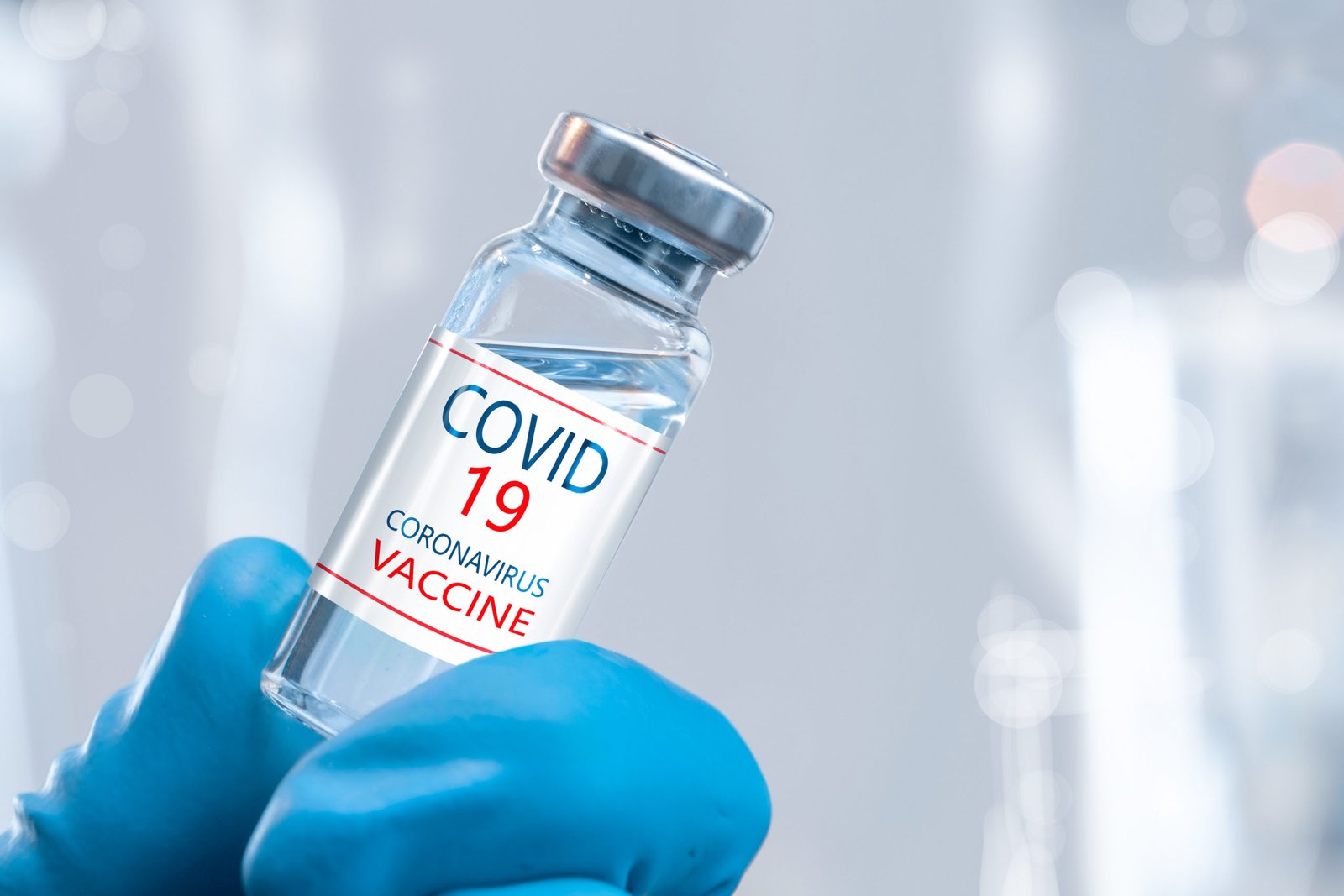NASSAU, BAHAMAS — Director of the National HIV/AIDS and Infectious Disease Programme Dr Nikkiah Forbes said yesterday that she expects local coronavirus measures to soon reflect the level of “flexibility” offered by the Centers for Disease Control and Prevention (CDC) in its first COVID-19 vaccine guidelines.
In an interview with Eyewitness News, Forbes said the guidelines are very clear on what has not changed and where more information is needed, but there was some “flexibility” and “wiggle room” for vaccinated individuals.
“There is some reduction in some of these precautions for people who have been vaccinated and we may see more and more of that become allowed as persons become vaccinated,” she said.

“The guidelines also suggest there is information that is not known and that we are still learning.
“And so, we are learning about these vaccines and these new variants of COVID-19. Persons could still be somewhat susceptible to them; we’re learning how these vaccines may stop people from spreading COVID-19, and how long the vaccines can protect people.
“And so, generally, the common sense and how you interpret this is that if you are fully vaccinated it is still a good idea to keep the public health precautions and to take precaution essentially.
“But there could be some wiggle room with gathering with others who have been fully vaccinated.”
In its new guidelines on Monday, the CDC said individuals who have been fully vaccinated can do “some things that they had stopped doing because of the pandemic”, related to quarantine and social gatherings, including gathering without a mask with other vaccinated individuals.
Asked whether the CDC’s guidelines and “flexibility” could be reflected in health guidelines in The Bahamas, Forbes said: “I do think so. Remember that, scientifically, we always want to go on the basis of what the data says. And so, we know if you have gotten the COVID vaccine it should protect you from getting severe COVID, from getting seriously sick, ending up in the ICU not being able to breathe. And the more people you have vaccinated, the better, and that should reduce the chances that people could get SarsCoV2 or COVID-19.”
However, Forbes pointed out that there is a 14-day window after vaccination where a person can still contract the virus.
“The day after someone gets vaccinated, they won’t have full immunity,” she said.
“That basically takes about 14 days and you get the full amount of doses, two doses in a two-dose vaccine series.
“We know there are variants of COVID that the vaccine may not be as fully efficacious against, but still have some utility and so, it still common sense that you are going to layer prevention and combine prevention strategies. Vaccination is a [good] strategy, but you’re still going to crowds, close spaces and getting close to people, going out in public without a mask.”
The CDC maintained certain health precautions, even after vaccination.
The Bahamas is expected to receive its first batch of vaccines today.
The government has announced legislation is being drafted to do away with the emergency orders and legislate certain health restrictions and provisions.






